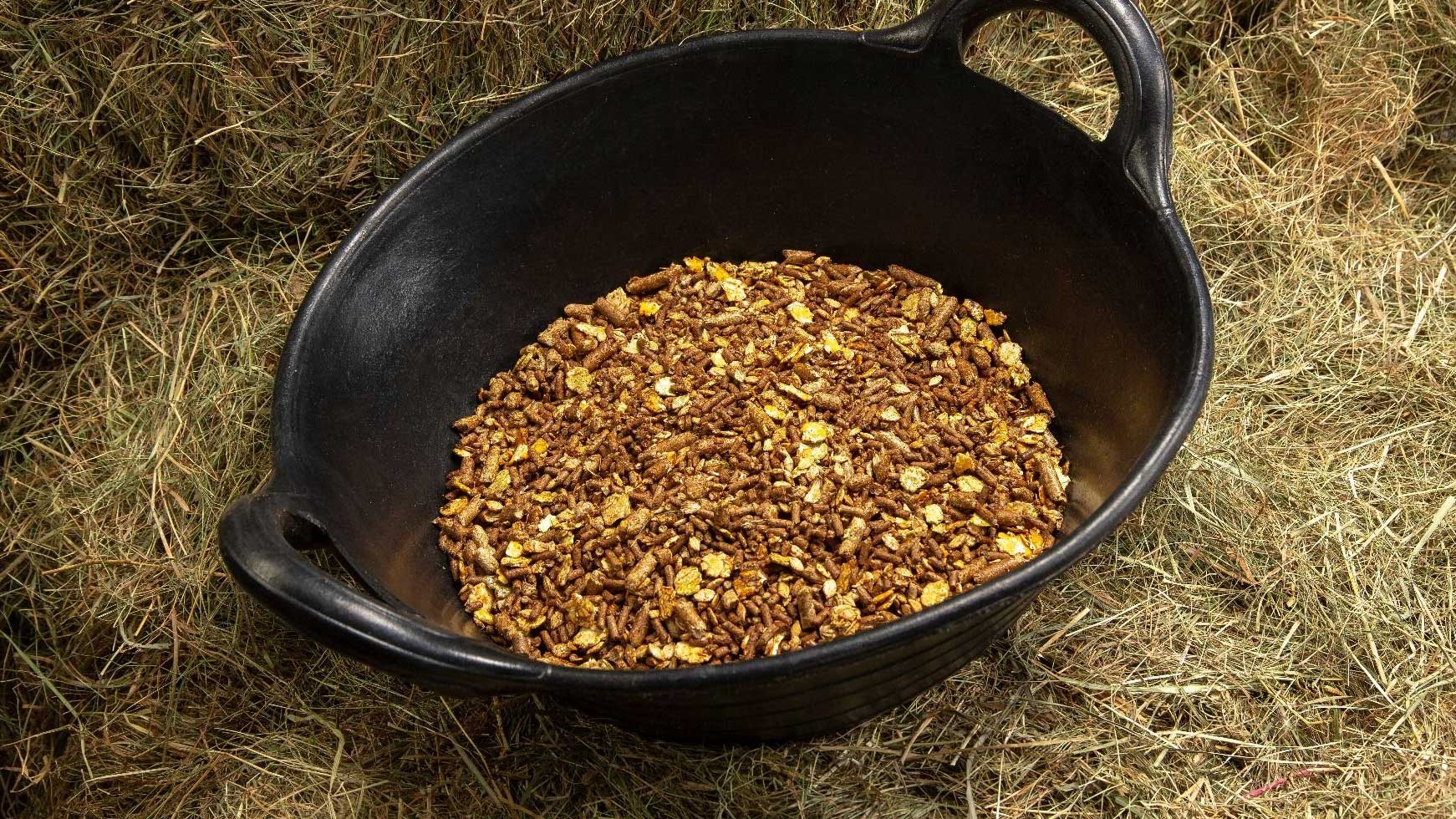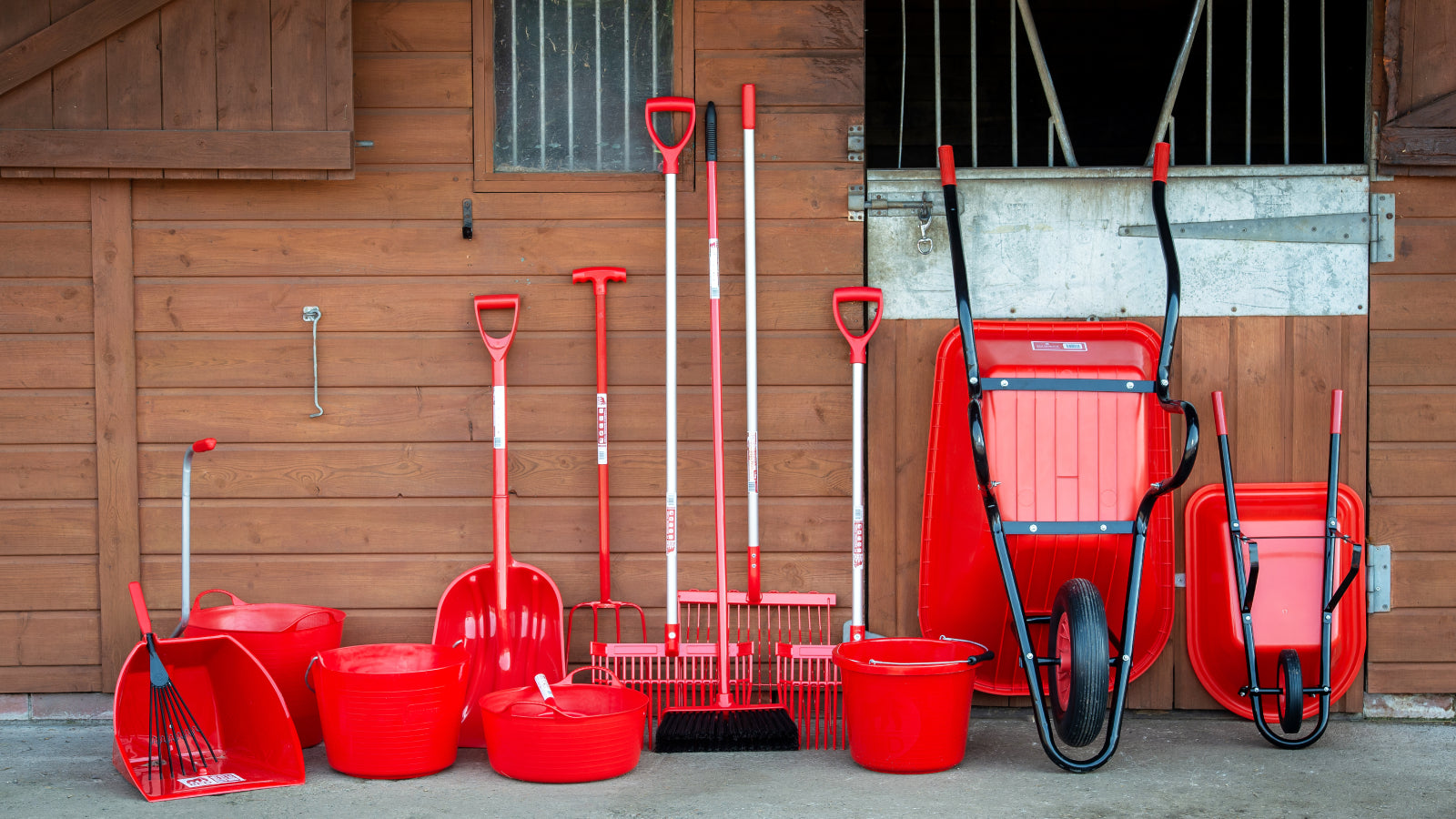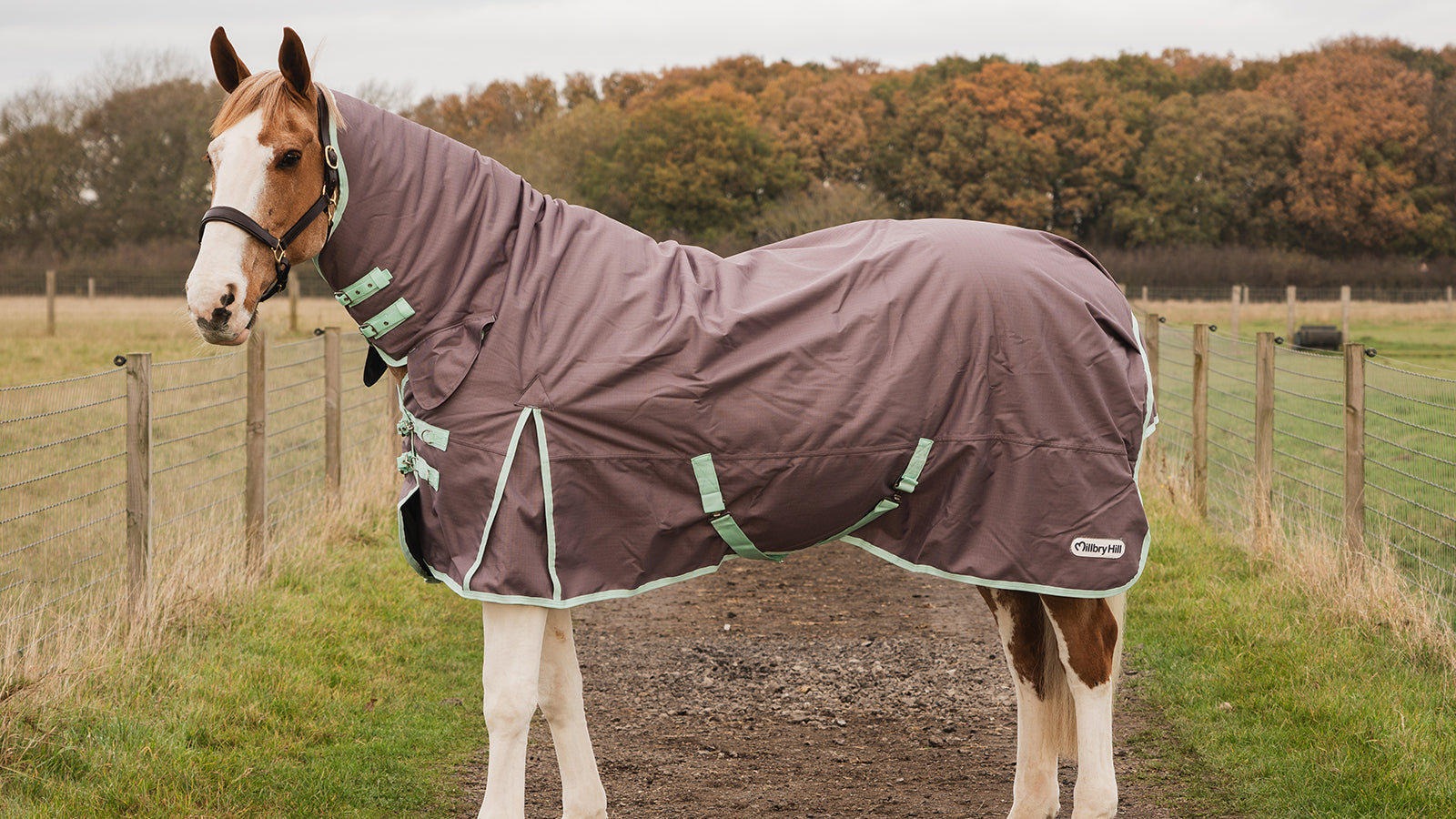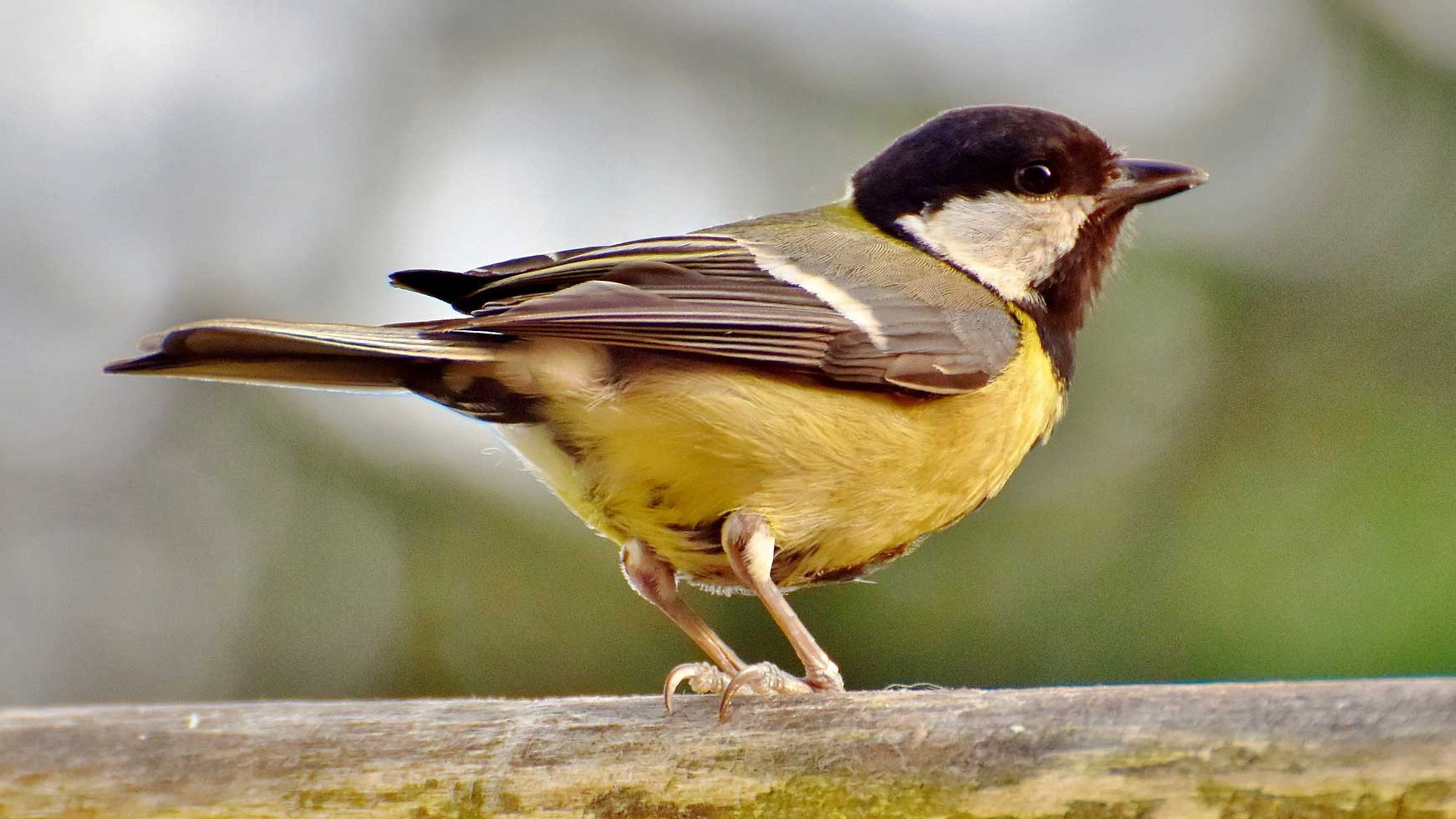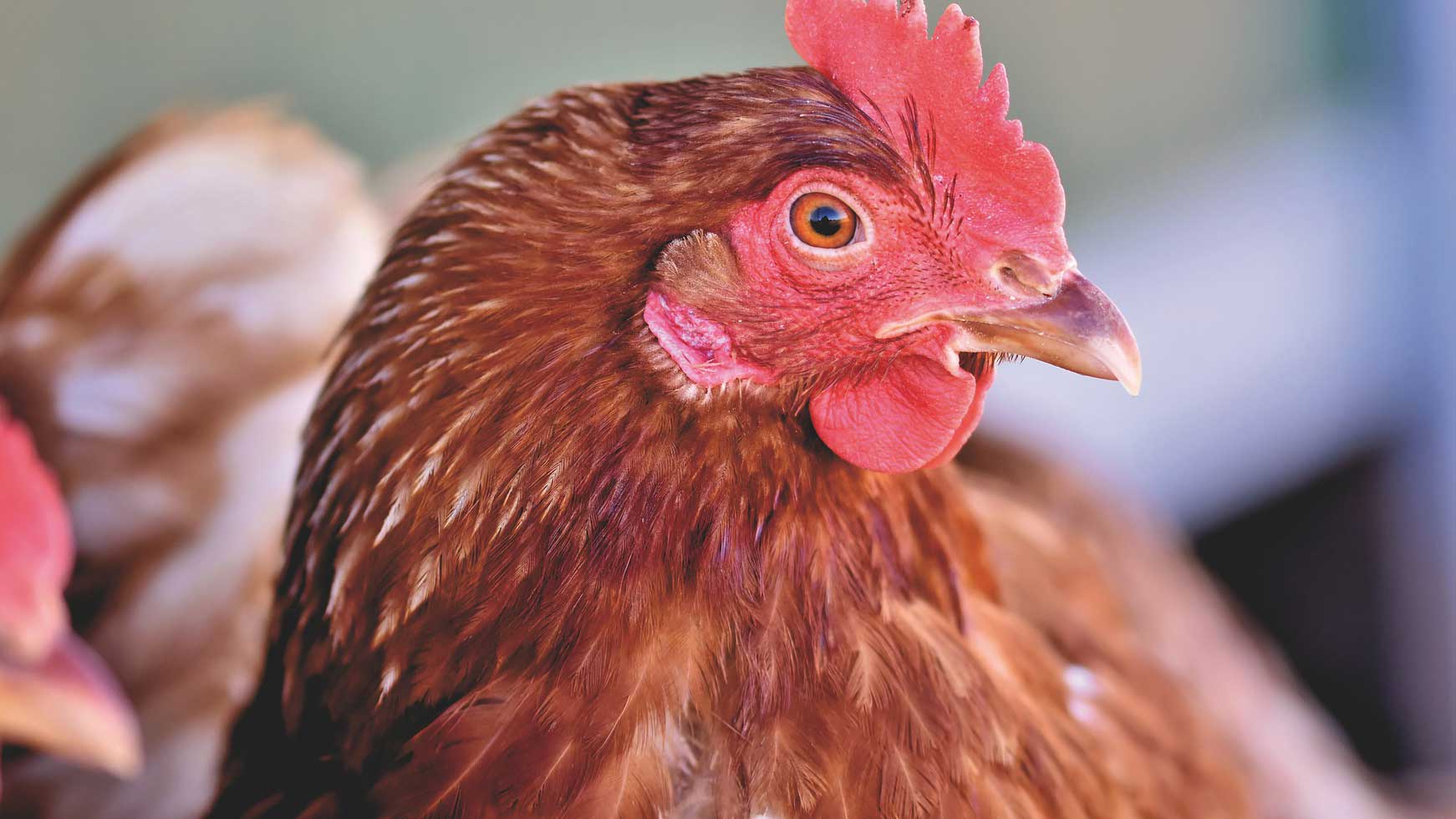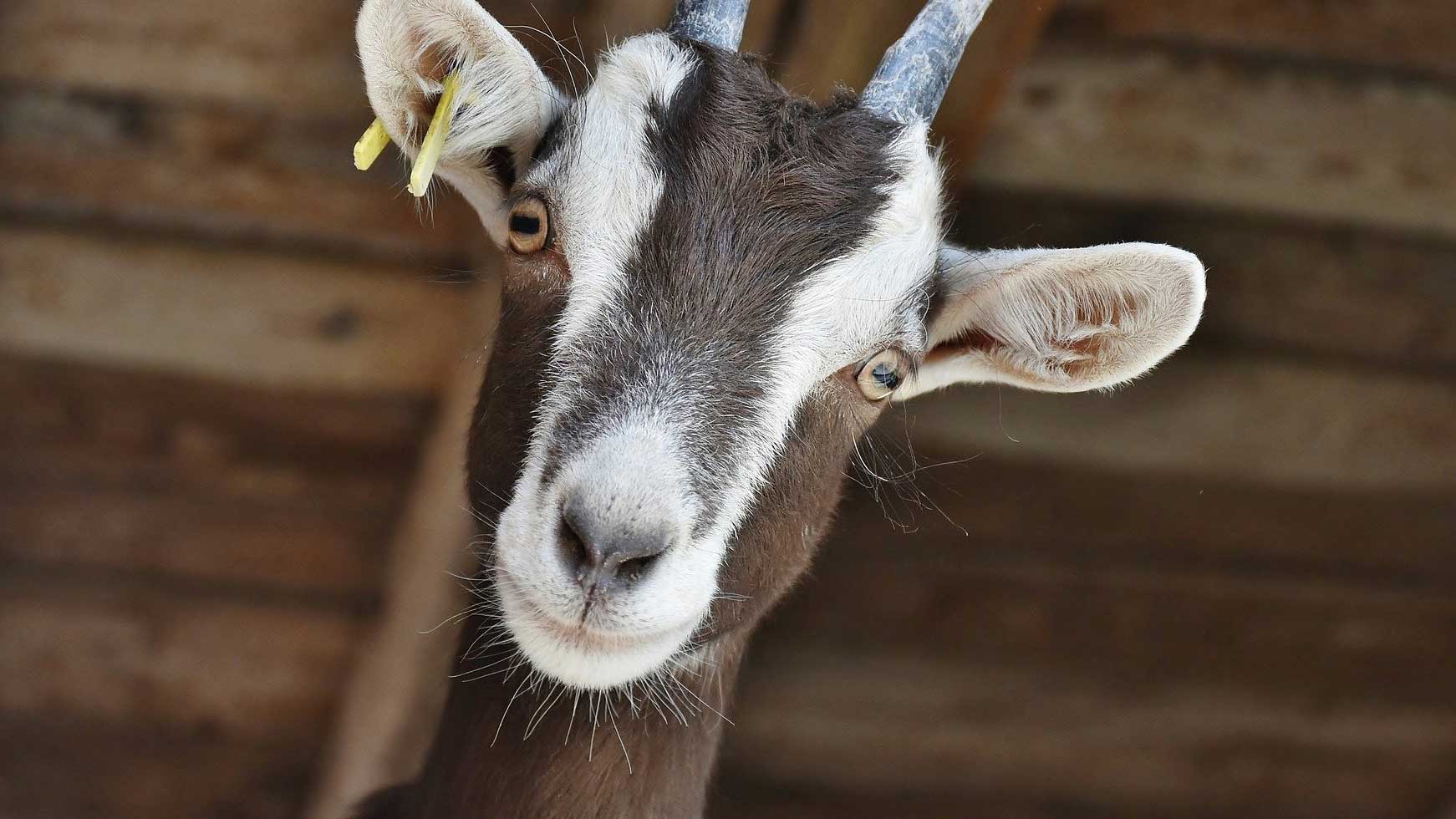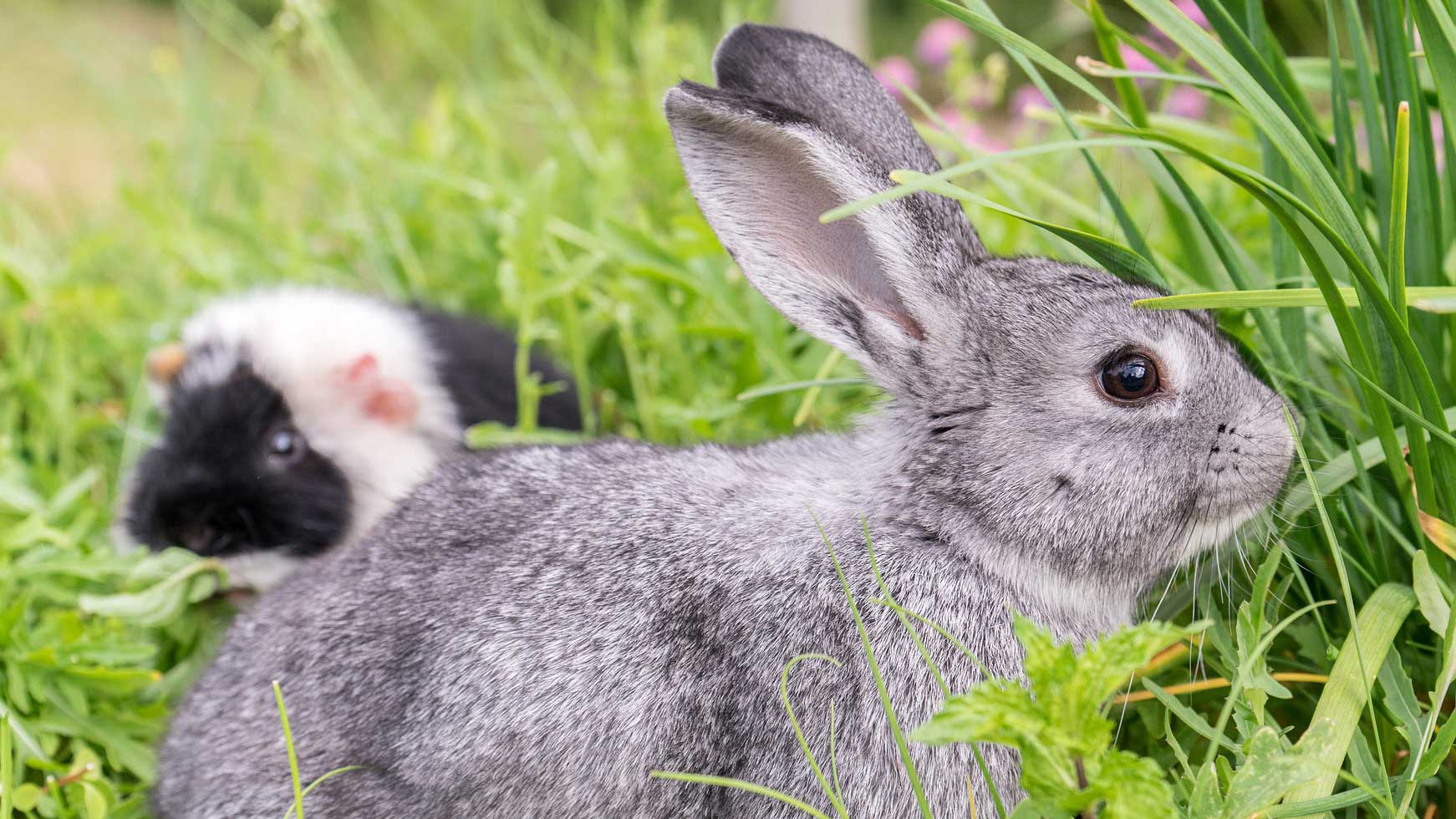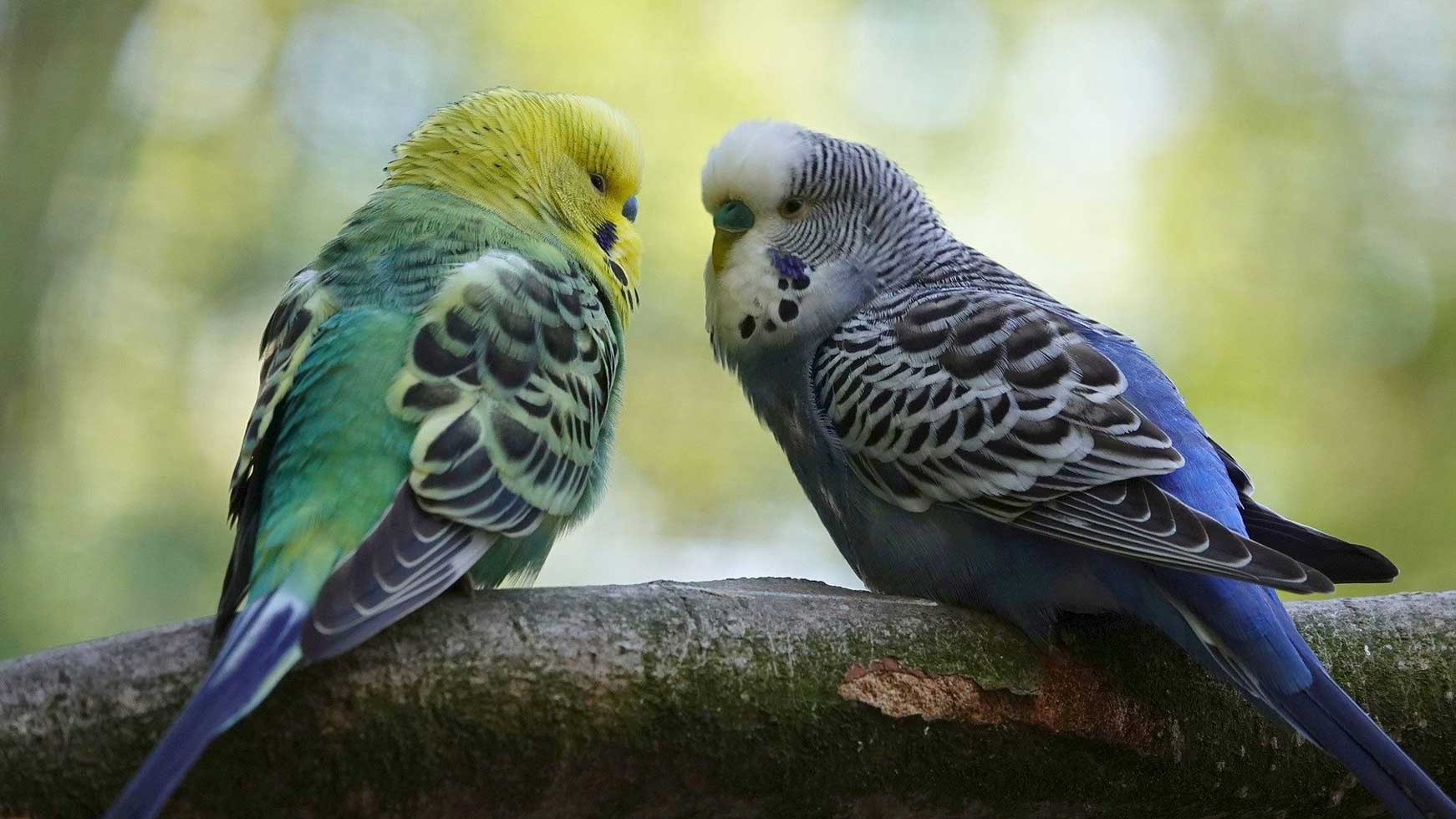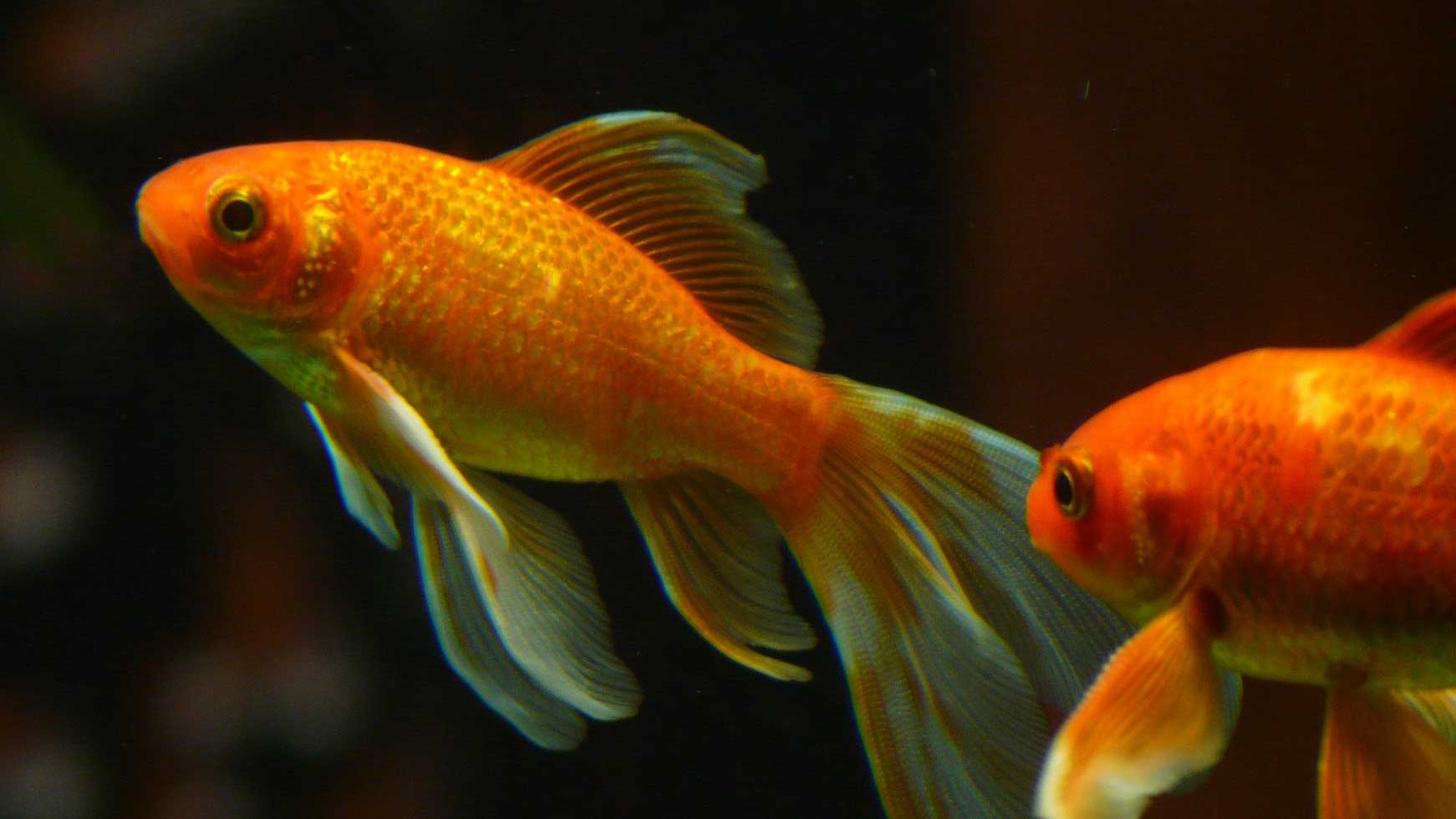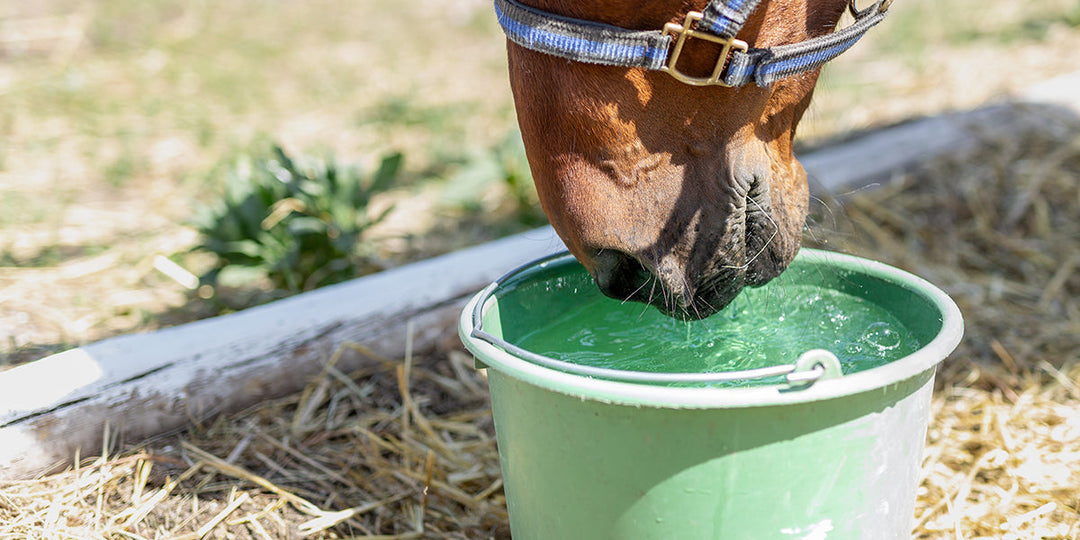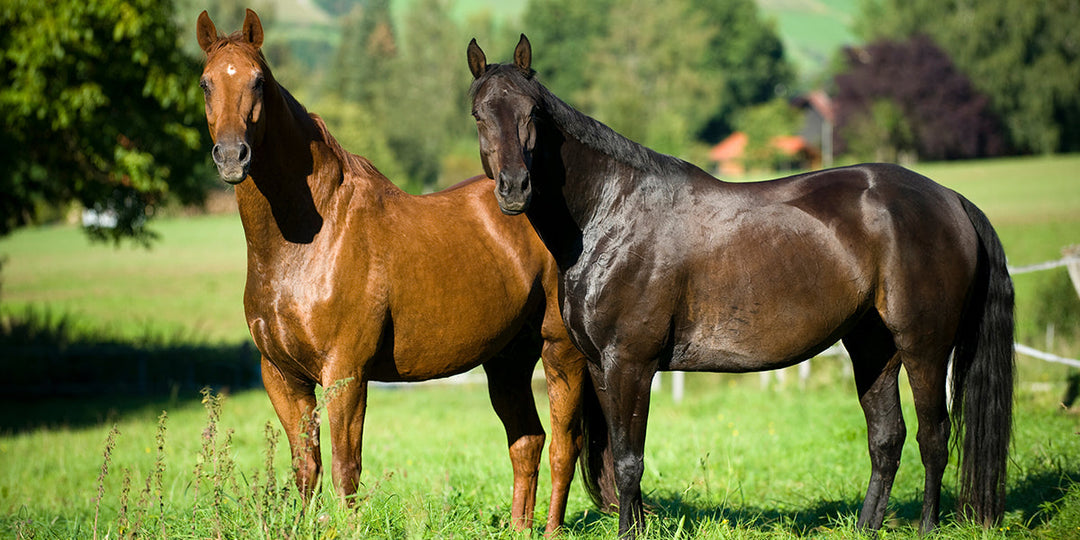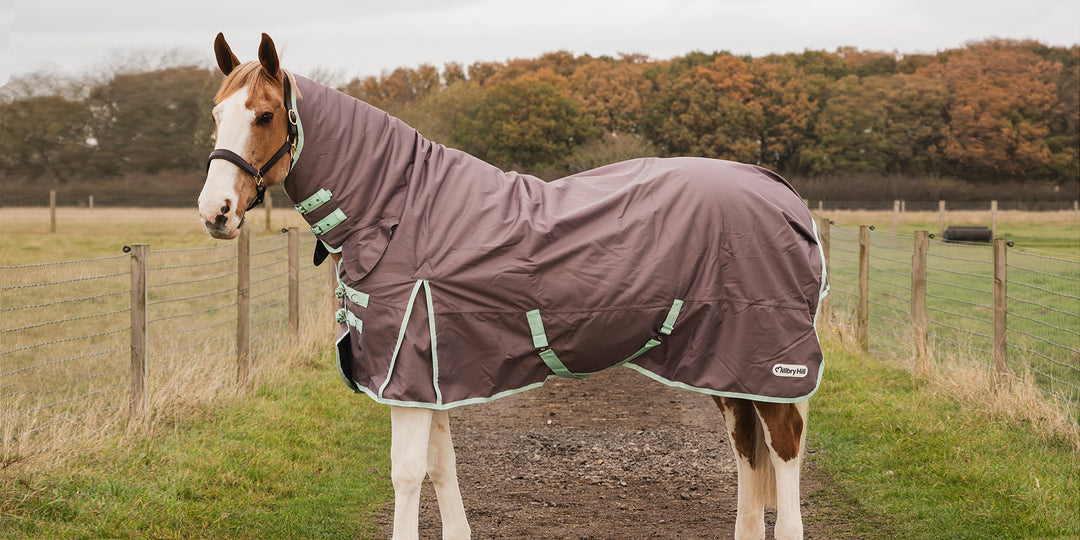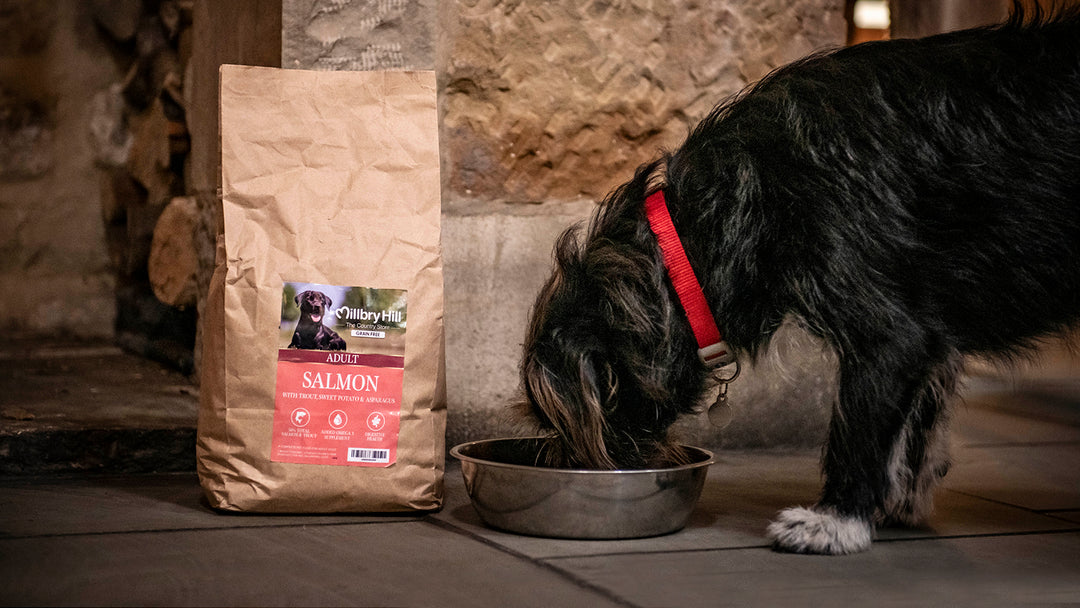Getting Gut Ready for Winter

How to Get your horse's gut ready for winter - Kate Hore. RNutr (Animal), R.Anim.Technol (Cert). Head Nutritionist at NAF

Forage changes - know what you're feeding
Throughout the year, forage as long fibres should be the basis of the diet. For any horse general advice is to not drop below 1% of bodyweight (BW) as forage, as a minimum for gut health. Remember that guide is for dry matter (DM) forage, so it is important to weigh your forage and take into account its moisture content.
For example, a 500kg horse should have a minimum of 5kg DM forage, but that might mean up to 10kg of haylage in the net for a relatively wet haylage (50% moisture). Increasingly, we see much drier haylage produced, so check with your supplier and make sure you know what you are feeding. If feeding hay, around 90% DM is typical, so 5kg DM relates to 5.5kg as fed.
What winter forage lacks, whether stabled at night or wintering out, is much input from the grass. Grass growth stops when the soil temperature drops below 5°C, so very little nutrition is coming from their grazing, this results in a greater reliance on preserved forages. Grazing conditions may influence gut health through winter too. In very wet conditions, we find the intake of wet grass can disrupt the gut balance, which may be seen as a change in the consistency or number of your horse's droppings, or water passed alongside normal faeces.

Winter Stabling
For many, winter means longer time spent in the stable for our horses. Stabling can be an essential and practical part of winter management for some, but it does bring its own digestive challenges. The horse's gut evolved to work most efficiently when grazing for around 16-18 hours per day - eating, walking, eating, walking - repeat. Therefore, even for horses on ad-lib forage the stable still challenges gut health by hugely reducing step count. We need to encourage horses to move in the box. Think about splitting forage, positioning feeders or nets across the box from each other, with water and salt lick in the other corners to encourage natural movement. Try to maintain turnout as much as possible where fields are in good condition, or if access to a turnout paddock is possible.
GastriAid for gut maintenance
Winter sees increasing challenges for the gut. Therefore, whether tucked up in a stable or wintering out, feeding NAF Five Star GastriAid daily is advised to help maintain a healthy digestive tract in all horses and ponies. NAF Five Star GastriAid combines herbs for mucosal health and natural rate of passage, with digestive 'mopper-uppers' like bentonite clay and NAF BioG - our unique combination of prebiotics, probiotic yeast and new postbiotics, working in synergy for total tract health.

NAF GastriAID for total gut health
- Saliva support
- Maintain a healthy pH balance
- Muscoal integrity
- Promote nutrient uptake
- Digestive binder
Remember, digestion is a continual process in horses and their gut is always designed to be working actively. Particularly true during the day, as they and their gut do rest more at night. Therefore, it is recommended to split NAF Five Star GastriAid into multiple feeds through the day, as practical.
Shop our full range of NAF supplements and treats available at Millbry Hill to find the right product for your horse this winter.

















